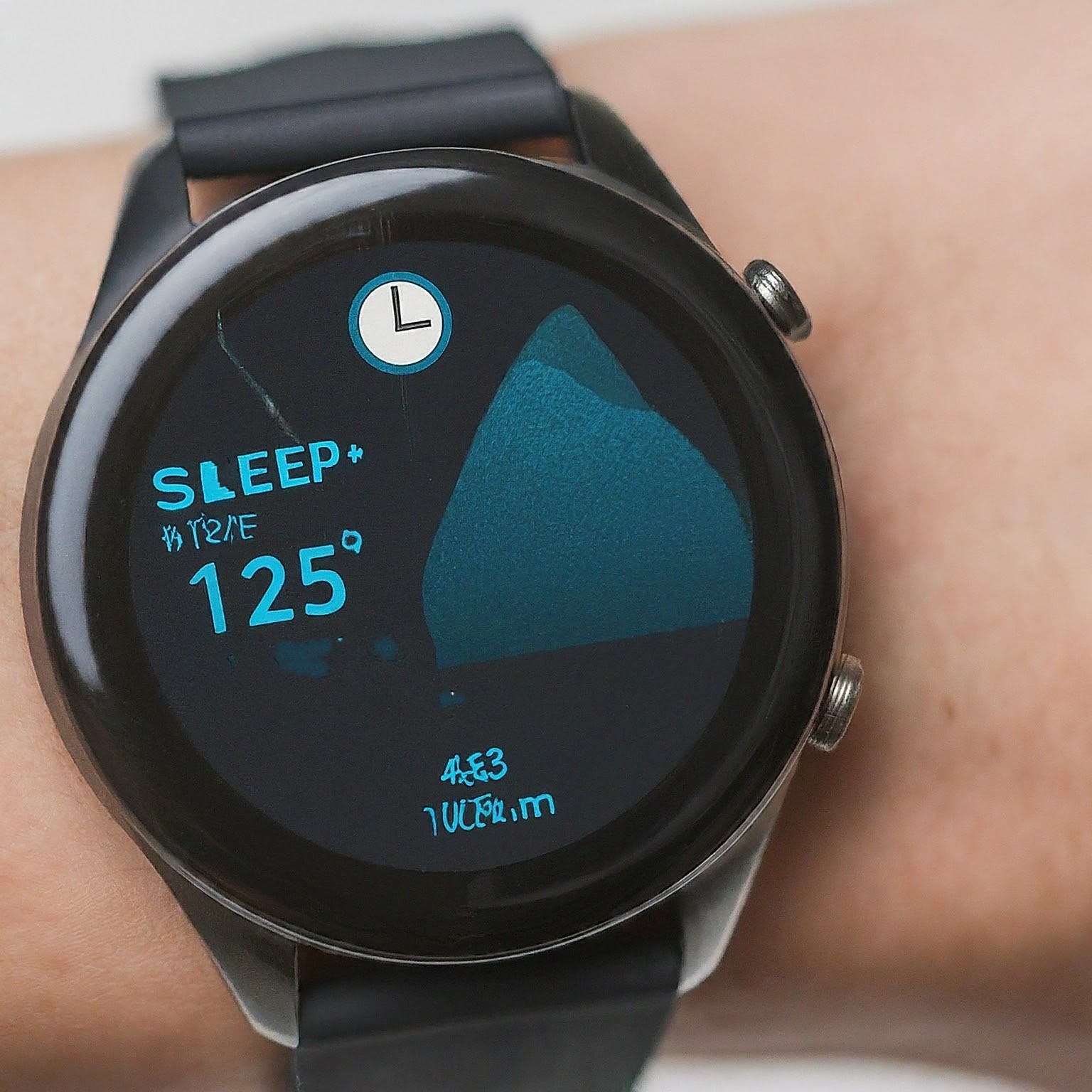Ask Arthur
Ask Arthur: Why does my smartwatch get sleep tracking wrong?
A reader wants to know why the activity tracker is so inaccurate in sleep tracking. ARTHUR GOLDSTUCK offers some reasons.
Q: My smartwatch is great for tracking my activity except when it comes to sleep. Then it is so obviously wrong even I can tell. Why does it say I was sleeping when I was lying awake, desperate to sleep?
Aah yes, we love our fitness trackers when they count our steps, monitor our heart rate, and tell us when to move.
But sleep data? It can often seem…off. Why is your trusty tracker suddenly convinced you sleep like a baby when you know you barely slept all night?
There are a number of reasons:
- Fitness trackers rely on movement and heart rate to determine sleep stages. If your tracker is on a high sensitivity setting, any little toss and turn might be misread as wakefulness. If it’s on low sensitivity, lying awake half the night but barely moving may be measured as a good rest. Try adjusting the setting to “normal” for a more realistic picture or adjust sensitivity up or down according to its bias. Not all devices allow it.
- For accurate readings, your tracker needs to fit snugly but comfortably on your wrist. A loose band can disrupt heart rate monitoring and get sleep tracking wrong.
- Sometimes falling asleep takes all kinds of mental gymnastics, which can leave your body moving around after you’ve drifted off. The tracker categorises that as restless sleep.
- Most trackers learn sleep patterns over time. If yours is new, give it a few weeks to adjust.
- Be honest with yourself about factors affecting sleep. Read up on the effects alcohol or blue light from TV and computers can have on sleep.
Google Gemini’s AI suggests the following specific steps:
- Adjust sensitivity settings: Check your tracker’s manual or app for instructions.
- Wear it right: Snug but comfortable is key!
- Relax before bed: Give your tracker a clear picture of what sleep looks like for you.
- Be patient: New trackers need time to learn your habits.
- Consider external factors: Alcohol, caffeine, and irregular sleep can affect tracking.
Finally, remember that fitness trackers are not perfect, and it’s still early days for AI in sleep tracking. If sleep itself is a problem, consult a doctor and don’t blame the tracker.
* Arthur Goldstuck is CEO of World Wide Worx and editor-in-chief of Gadget.co.za. Follow him on social media on @art2gee.


















